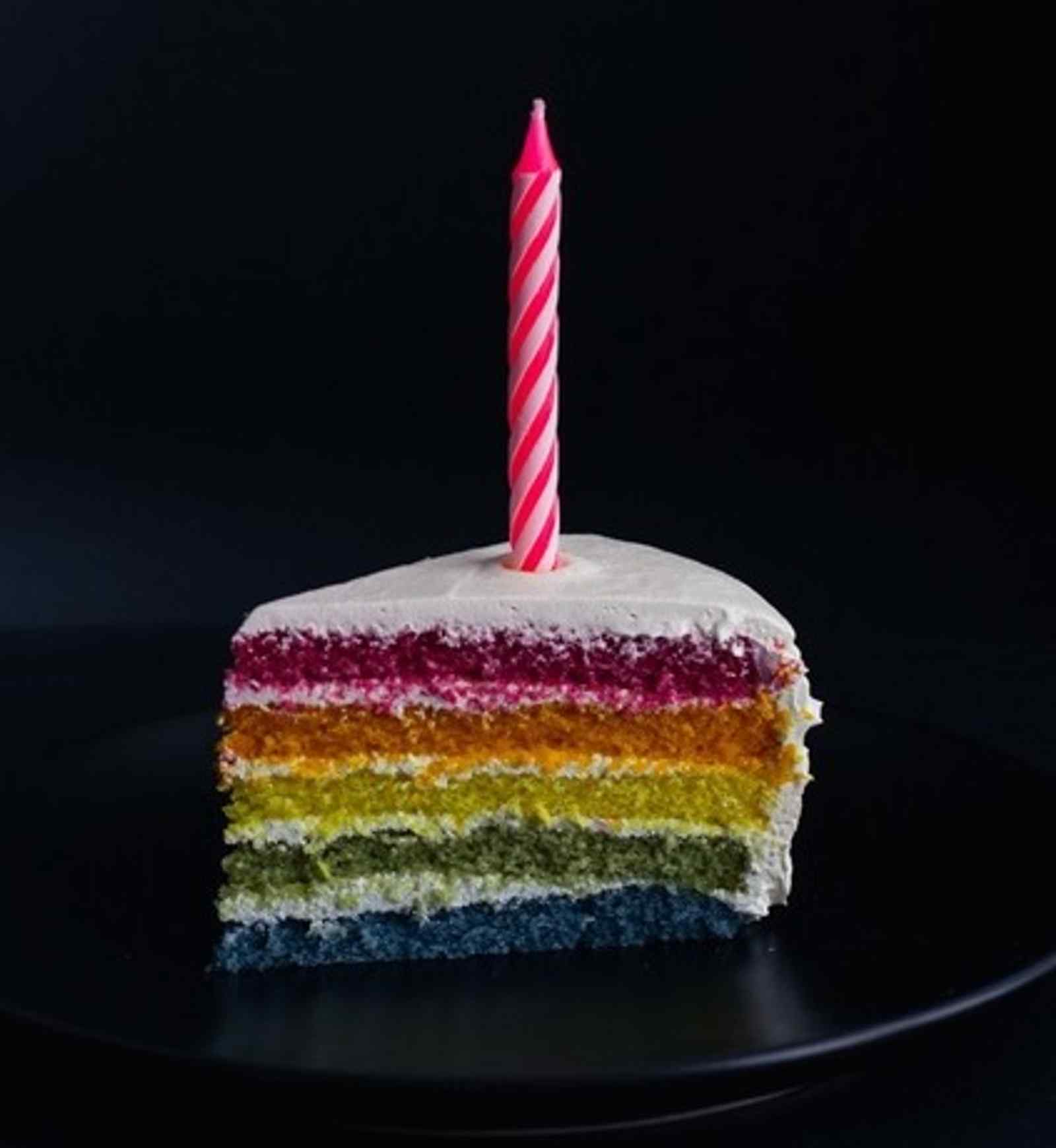The Cake (or How to Love): A Review
The Cake by Bekah Brunstetter ran at The Alley Theatre last year from June 1st thru July 1st of 2018. It's Pride Month now in 2019, and it still hasn't left my brain space. The play's premise is inspired by the Denver vs. Masterpiece Cakes Supreme Court case where a baker denied a gay couple their services in baking a wedding cake for religious reasons. The baker was sued under Colorado's anti-discrimination laws. North Carolina, where the play is set, has no such laws.
The opening scene begins in a small town bakery in North Carolina as Della, an older 50-something woman, prepares for The Great American Bake-Off reality show. Della doesn't yet know that Jen, a local girl, has come back to town from the big city where she lives to plan her wedding. Jen's memories as a little girl and birthdays spent eating Della's pink lemonade cake made her bakery the first choice for her wedding.
Macy is in the bakery interviewing Della, she thinks, for her upcoming appearance as a contestant on The Great American Bake-Off. She peppers Della with questions about sugar and its addictive qualities. She discovers Della's more religious leanings after noticing a Noah's Ark cake for Della's goddaughter. Macy asks, "Where are the dinosaurs?" and Della responds, "Oh, I skipped them but they were on the ark too!" as if she just got back from a field trip to Ken Ham's Noah's Ark Experience.
Macy is described as having a "beautiful tomboyishness" in the character notes. She tells Della she writes for Jezebel, the online magazine. Della responds, "She was not the nicest lady. In the bible. She was a-- fallen woman." Della is a simple woman who proclaims, "If I could just make a cake for everyone with their name on it a lot of problems would be solved." This is before Jen enters and makes the ask.
Della is all about Jen and her wedding as soon as it comes up until she finds out that Macy is her bride. She hems and haws about being busy and how everyone wants her cakes, but it's clear there is more going on in the subtext as the joy quickly changed to confusion and pain. A reality show voice from her bake-off dream, who acts as a conscience throughout the play, asks Della, "What have you done?" when Jen and Macy leave.
The Cake denotes difference but also similarity as Della unpacks her conscience with her husband Tim, and Jen and Macy duke it out on their own. Macy doesn't have the same patience for bigotry as Jen does. Jen gives Della more grace than she has been offered. She comes back to the bakery a few days later with a Chic-fil-A bag of nuggets. Jen is still trying to wrap her head around Della’s prejudice after being confronted by Macy. Like many queer people facing homophobic discrimination for what may be the first time she feels like she has to explain herself. Della offers a halted but crushing response when she says Jen’s deceased mother would be devastated if she had known.
The play does not end in any clear way. It does not draw lines; it blurs them. It shows sexuality as an experience and demonstrates that, even for a straight couple like Della and her husband Tim, their heterosexuality isn't invisible, but necessary and essential for their flourishing as they struggle together to make sense of their own sexuality and relationship after many years of marriage in the play. Jen and Macy show the vulnerability and sometimes armor needed to protect themselves as queer people engaging in what has been an institution meant to keep them outside.
As an engaged queer person, I haven't made much of an effort to approach wedding vendors outside of an LGBT wedding expo where I knew the answer was an enthusiastic yes. This play is painful in that way, but it reaches farther into families as well with Della’s opining about how Jen’s mother might feel about her happiness.
No one wins in this play. Macy and Jen do get married but have to find a different cake vendor. Della loses her spot on The Great American Bake-Off when her bigotry is exposed in an online article written by Macy. Jen has to work through what feels like a betrayal that Macy published the article about her hometown that ended up coming back on Della, but also must figure out what it means to stand up for herself as a sexual minority.
Everyone grows even if it doesn’t feel like enough. Della finds herself sitting in the car outside of Jen's wedding venue, dressed to the nines, but unable to walk inside. This, for her, is growth. Jen finds Della and acknowledges that while Della’s fear and hesitancy can’t take away living out her dream of love and family and marriage it does harm the relationship. A trauma I know many queer people will be thinking about even as they celebrate this Pride Month.

